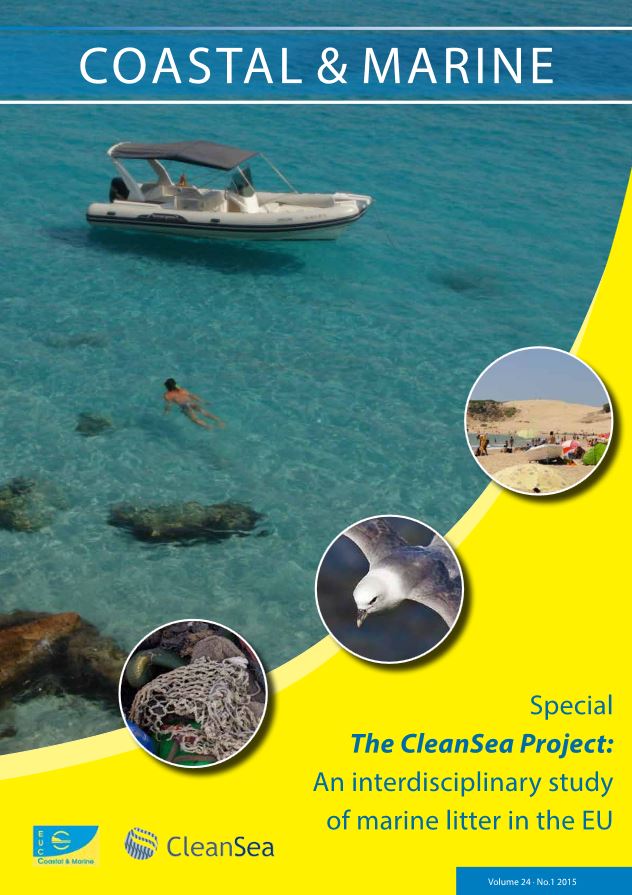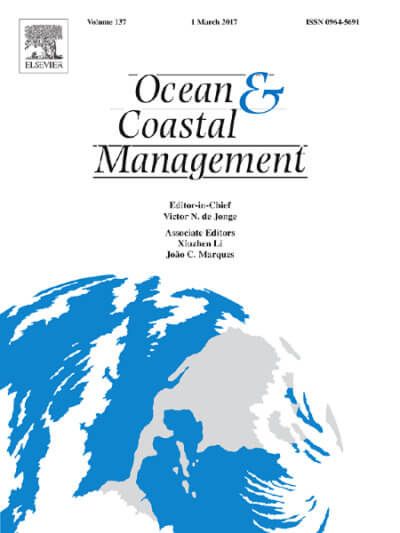New Tools and Policy Options to Improve the Management of Marine Litter (CLEANSEA)
- Project
- Research Program
- Duration
-
-
CLEANSEA is a research project that takes an interdisciplinary approach to studying marine litter. CLEANSEA assesses the state of marine litter in European seas, rivers and on beaches and its impact on biological, social and economic processes. It aims to develop new tools to help collect data and monitor on litter and develop policy options to improve the management of marine litter by identifying deficiencies in existing legislation and standards. CLEANSEA focuses mainly on marine areas relevant to the EU; the Black Sea, Mediterranean, Baltic and North East Atlantic region. The project is funded under the 7th Research Framework Programme of the EU (FP7). The consortium has diverse partners including research institutes, universities, SMEs, and an NGO.
Marine litter consists of items that are developed or used by humans and deliberately or accidently discarded into the oceans and rivers. Marine litter to a large extent represents a waste management issue that is compounded by an ever increasing amount of waste from a growing population consuming more. Litter can find its way to the ocean through deliberate dumping of waste or indirectly via rivers, sewage or storms or winds. There are a wide spectrum of consequences resulting from marine litter that impact the environment and the economy, as well as safety, health and the cultural wellbeing of communities that live around or depend on the oceans. Especially micro-plastics can endanger health of human beings.
At the EU level, there are important legal acts. Meeting the GES targets outlined in the 2008 Marine Strategy Framework Directive require accurate and reliable information on current waste management practices. CLEANSEA will address existing gaps in knowledge and policy frameworks.







